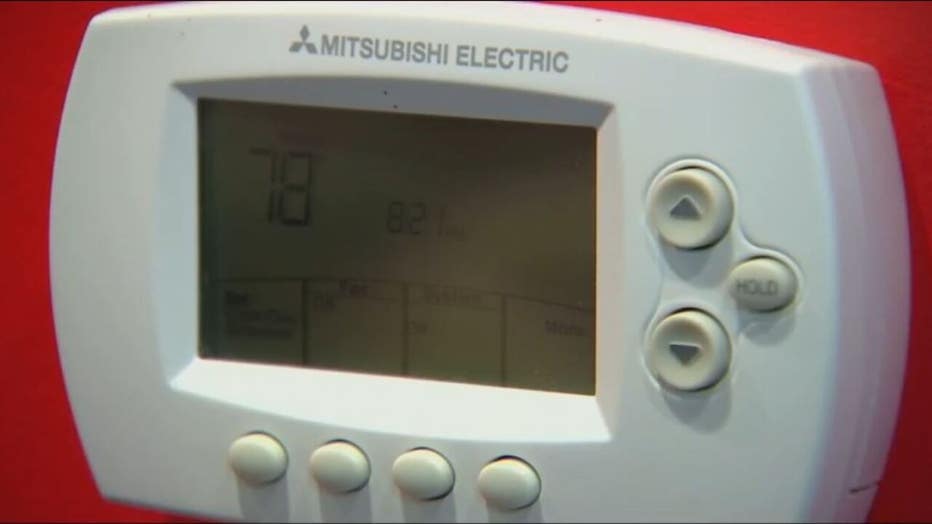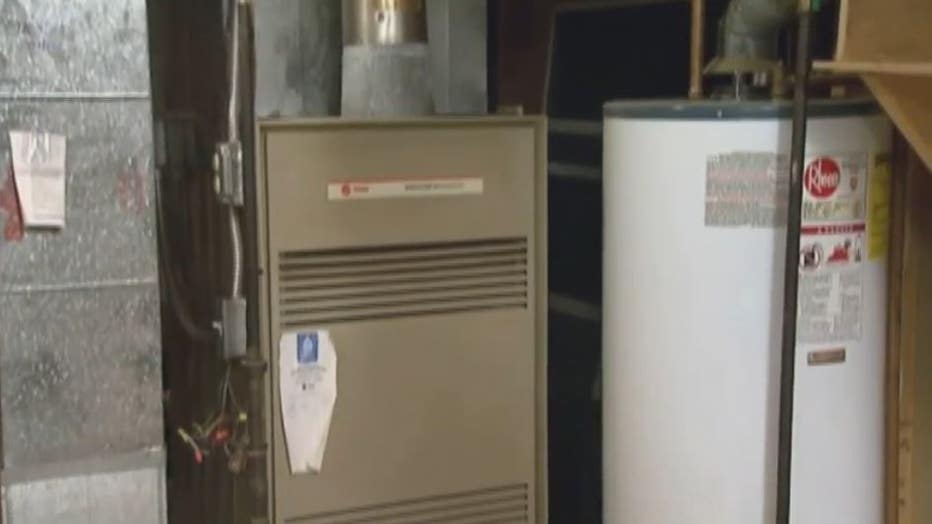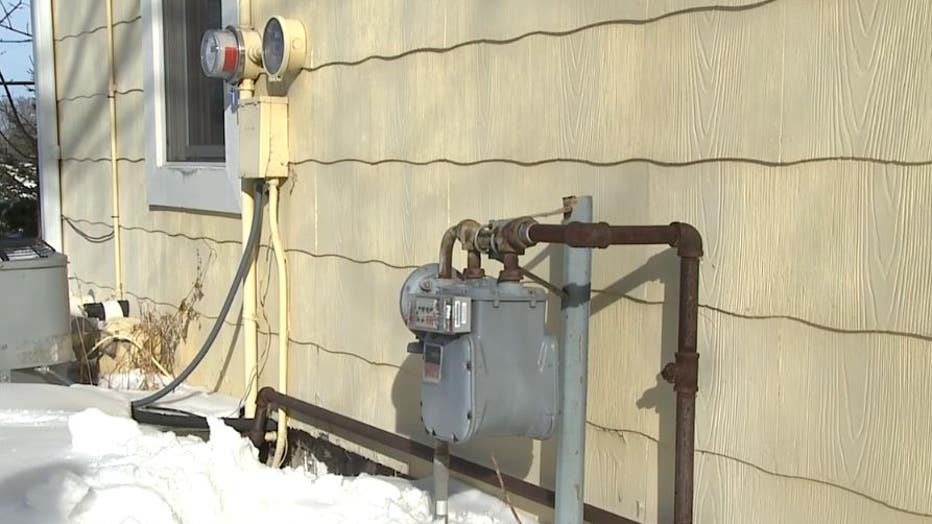Heating costs up 17%, group predicts, how to save on your energy bill

Heating costs up 17%, group predicts, how to save on your energy bill
The average cost of heating a household is set to increase by 17.2% this winter compared to winter last year, according to one forecast. Are you ready for the spike? Is your home?
MILWAUKEE - If you haven't already, you'll soon turn your heat on, and experts say this winter could be costly. Are you ready? Is your home?
The average cost of heating a household is set to increase by 17.2% this winter compared to winter last year, according to a forecast by the National Energy Assistance Directors Association (NEADA), an educational and policy organization for federal programs that help low-income families pay their utility bills. The group expects the average winter heating bill to increase from $1,025 to $1,202, which would be the highest figure in over a decade.
U.S. residential electric bills are also forecast to increase 7.5% from 2021, according to the U.S. Energy Information Administration’s latest short-term outlook.
"I do use some propane, and my bill tripled just for that, what I usually use," said Chad Laibly, Focus on Energy.

SIGN UP TODAY: Get daily headlines, breaking news emails from FOX6 News
Laibly said inflation, the cost of gas, and the war in Ukraine are reasons for the spike. His number one tip to reduce your bill is insulation and air sealing.
"It’s not going to make your home warmer," said Laibly. "It’s just going to keep the heat that you put in your home in place longer."
Laibly also recommends checking your windows to make sure they are fully locked and closed during the winter. The smallest leak of cold air could be detrimental to your wallet.
"The things that seem little, seem like they’re not a big idea, yeah, they add up," said Laibly.

If you're in the city of Milwaukee and your heat's not turning on, you might want to take that up with your landlord. According to We Energies, the company provides steam service year-round.
What about your thermostat?
"If you’ve got the old one, crank to the right and one crank to the left, jeez, get the programmable one, but if you really want to do it right, just skip to the smart thermostat," said Laibly.
The Department of Energy says as little as one to three degrees can make a difference in your energy consumption.

Laibly said you can also switch to a heat pump to save some money, too, so really, it can come down to the smallest things.

